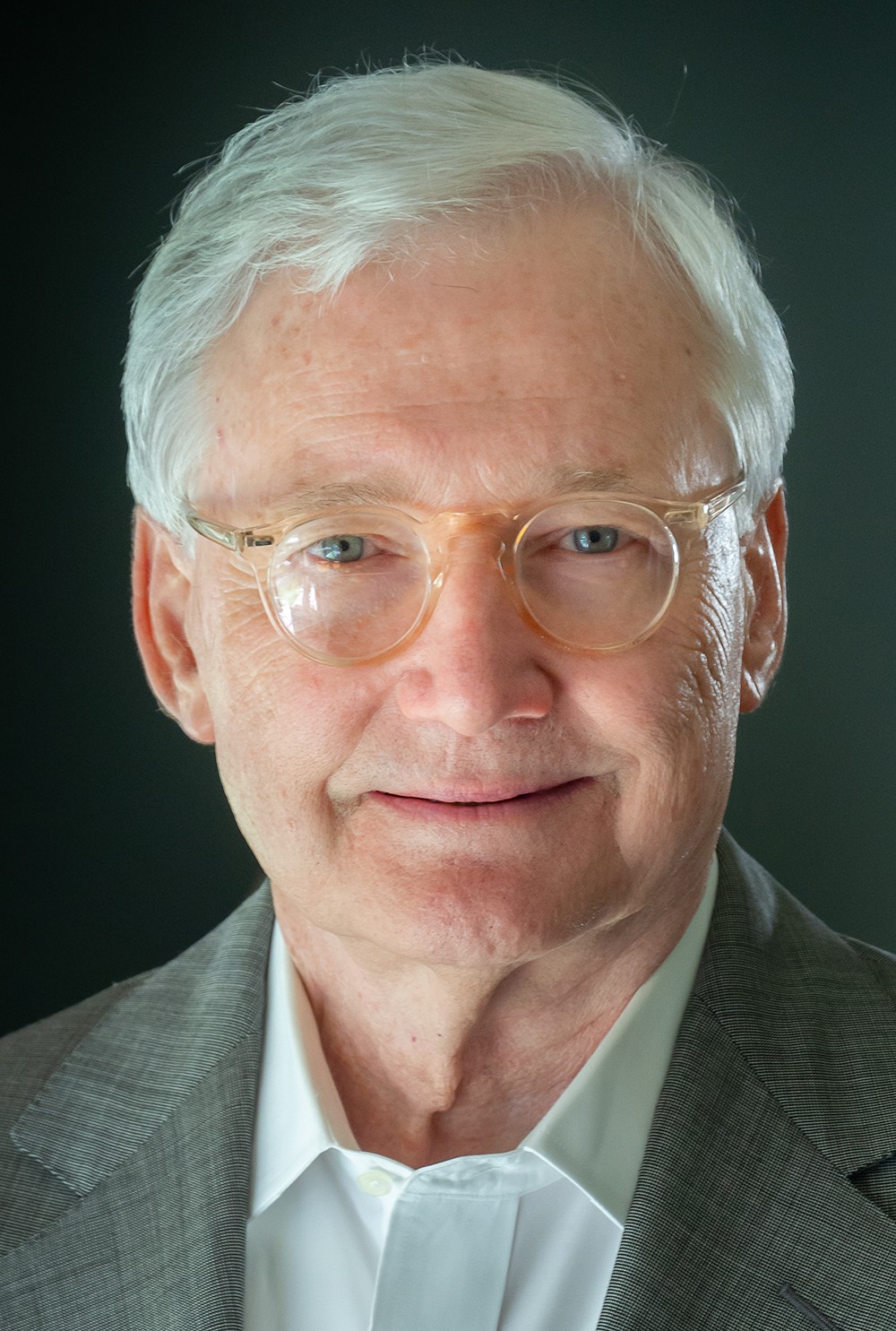In a recent article in Politico, Joshua Zeitz begins with the decision of 400 Methodist churches in Texas alone to leave their parent denomination, The United Methodist Church, to join the new, more conservative Global Methodist Church. This reflects the upheaval in most mainstream Protestant denominations in our nation — Methodists, Presbyterians, Episcopalians and Southern Baptists.
The main issues of the great breakup include those related to gender and sexuality, the role and equality of women and the full acceptance of LGBTQ persons in the church. The Supreme Court ruling to make same-sex marriage legal and the more recent decision to curtail the freedom of women to choose abortion have roiled the church and the culture at large, and churches and denominations are splitting up.

Stephen Shoemaker
Others issues are at work too. The racial issue is one. Will the white church accept its complicity in slavery, white supremacy and systemic racism? Another is religious pluralism in America. Will all religions be protected and respected, or will the Christian supremacy movement to encode its interpretations of Christian Scripture into law succeed?
Zeitz sends us back to the last great breakup in the American church, in the 1840s, when Methodists, Presbyterians and Baptists split off into Northern and Southern denominational structures. Slavery was the defining and determinative issue.
Leading to the great breakup, there has been a splintering in the American church over the past number of decades over some of these same issues. In the 1960s, a considerable number of new Baptist congregations in the South formed as they left the larger, more established churches during the Civil Rights movement. In the 1970s and ’80s the ordination of women and the role of women in church created splintering. And in the last few decades, the full acceptance of LGBTQ persons has divided churches and denominations.
“Politics has been an accelerant on the fires of the culture wars and denominational strife.”
So now we live in the time of the great divide. There are theological issues involved, principally about the way Scripture is to be interpreted and who gets to be the interpreter. But we must examine the political uses of religion that have deepened and accelerated the divisions in the American church. Politics has been an accelerant on the fires of the culture wars and denominational strife.
Political leaders, primarily of the Republican Party, have exploited religious division for the purposes of political power. The fundamentalist takeover of the SBC was aided by the help of the religious and political right. Not incidentally, Ronald Reagan was the first American president to address the annual Southern Baptist Convention, the SBC formerly having rigorously championed the separation of church and state. Flipping the SBC to be dominantly Republican was part of the “Southern Strategy”of the Republican Party.
Alarmingly, those who use religion for political gain also favor authoritarianism and autocratic forms of governing. A case in point is the infatuation many of the political right have with the autocratic prime minister of Hungary, Victor Orban, and with Vladimir Putin, president of Russia. They both talk of restoring “traditional Christian values” — which includes the condemnation of homosexuality. Protecting the white racial purity of their nations has led them to strict immigration policies. Orban also has cleansed universities in Hungary of “liberal” teaching. It is easy to see why certain conservative politicians and talk show hosts in the U.S. have traveled to spend time with Orban and why this year he was a keynote speaker at the Conservative Political Conference.
One can see similarities in these countries and the politics of the right in our nation. All strut their “traditional Christian values” credentials. They are anti-immigrant and anti- people of color and warn of the “great replacement” of white people by people of color. They are virulently anti-LGBTQ, which daily exposes many gay people to violence and discrimination. And they rail against Black Lives Matter and the the teaching of the Black experience in America.
I was stunned to read parts of the speech made by Putin last week. In a fiery speech promising the Russian people victory in Ukraine, he took time to lob some grenades into the culture wars and religious divisions in our nation. He trumpeted “traditional Christian values” and attacked the religious, cultural and political liberalism of the West and our nation. He said we are weak in defining and protecting national identity, deeply involved with the abuse of children and pedophilia and have fatally recognized same-sex marriage.
He even got into differences in scriptural interpretation, saying, “even the sacred texts are subjected to doubt.” We are being led, he said, to “spiritual destruction.”
His purpose was to inflame religious division in America. The speech writers of rightwing politicians in America were no doubt taking notes. Had Putin been reading our mail? Many Americans are choosing authoritarian and autocratic solutions in order to prop up their religious and moral values. Democratic processes and moral persuasion are not enough.
When we think about the great breakup in the American church, we do well to take a hard look at the political uses of religion and the exploitation of the church for political power. It is a sure way to bring in votes and cash, and people with little religious conviction are aiding in the strife of churches and denominations in our nation.
Stephen Shoemaker serves as pastor of Grace Baptist Church in Statesville, N.C. He served previously as pastor of Myers Park Baptist in Charlotte, N.C.; Broadway Baptist in Fort Worth, Texas, and Crescent Hill Baptist in Louisville, Ky.
Related articles:
Choose Life: Putin reminds us how bad theology can turn nuclear | Opinion by Jillian Mason Shannon
Putin is no Antichrist; he’s worse than that | Analysis by Rodney Kennedy


